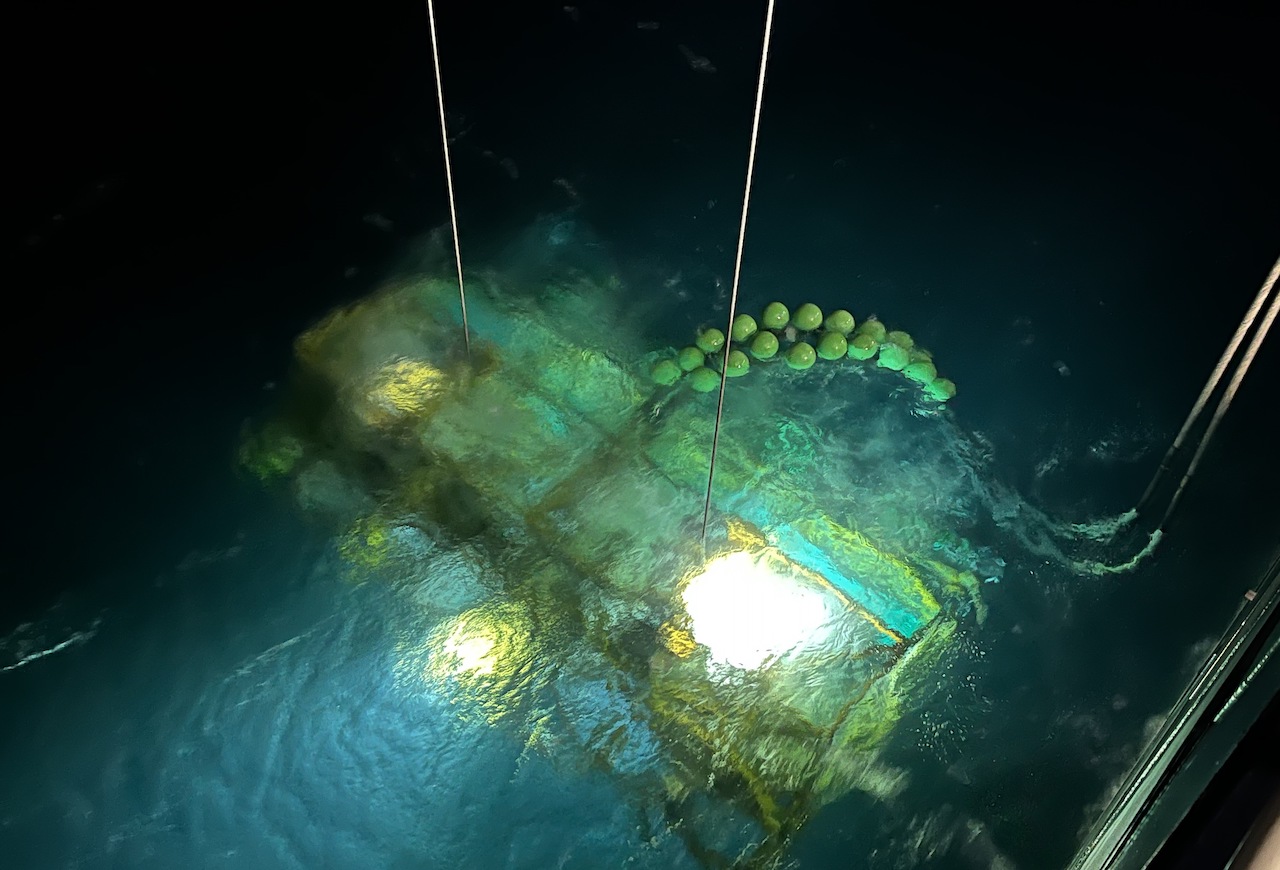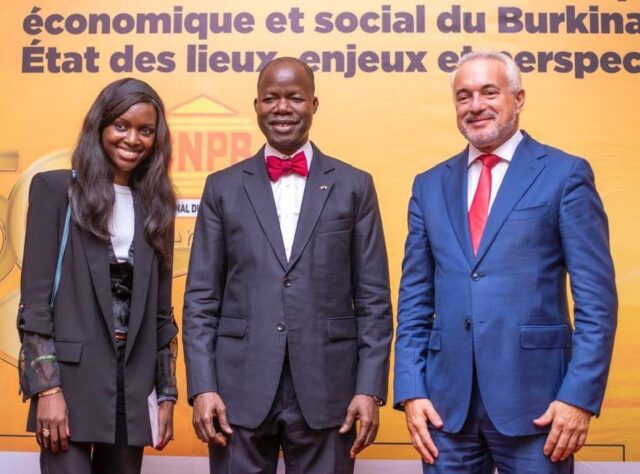Ocean 14 Capital and Norselab have invested in the Norwegian company which has developed an alternative, non-invasive harvesting technique for bottom-dwelling seafood.

Ocean 14 Capital’s blue economy fund has invested €10m in Ava Ocean, a Norwegian technology and seafood company which aims to harvest seafood from the seabed more sustainably to protect fragile ocean habitats and leave carbon sinks within the seabed undisturbed.
The company has developed non-invasive harvesting gear for bottom-dwelling seafood such as scallops and sea cucumber, that combines an advanced water-flow system with AI and camera technology to precision-pick target seafood. The company says that smaller sized specimens or bycatch are returned to the seabed undamaged.
This latest investment follows an earlier investment of €30m last year by Oslo-based impact investors Norselab, which helped Ava Ocean to commercialise its research and technology and prove that its solution was fully operational and profitable.
In Norway, where dredging has been banned for nearly 30 years, the Norwegian government has granted Ava Ocean the first licence to harvest Arctic scallops in the Barents Sea in over three decades following extensive trials together with the Norwegian Institute for Marine Research.
Ocean 14 Capital said that today, based on a single quota of Arctic scallops, Ava Ocean was able to generate “solid positive margins” with its harvesting method.
Chris Gorrell Barnes, founding partner for Ocean 14 Capital, said: “We believe that the fund’s strategic investment in Ava Ocean is significant. The global export market for scallops is worth an estimated $2.5bn, but most of the scallop fishing industry uses dredging methods which have a devastating effect on seabed ecosystems and biodiversity. The technology developed by Ava Ocean can be rolled out on a global scale and could put an end to harmful seabed practice forever.”
Speaking to Impact Investor, Maria Grimstad de Perlinghi, partner and chief impact and communications officer at Norselab, said that following its initial investment in Ava Ocean, Norselab had made several follow-on investments in the company which stood out as a “unique case” in the area of sustainable food systems, a key theme for Norselab’s Meaningful Equity I fund.
“It has the potential to solve the conflict between the need to preserve the seabed, and the need to harvest the nutritious foods it provides. It’s a real, commercially viable alternative to closing down seabed fisheries, and provides an outstanding opportunity to create large-scale impact at the system-level in the seafood industry,” she said.
Grimstad de Perlinghi said that Norselab had played a central role in negotiating the deal with Ocean 14 Capital.
Separately, the Ocean 14 Capital fund has also announced it has received a €20m investment from international specialty insurer and reinsurer Convex Group Limited and an additional €10m from family offices and high-net worth individuals, taking the fund past its €150m funding goal to €160m. The fund has now extended its fundraising target to €200m by the end of 2023.
Gorell Barnes said the fund was on track to grow its portfolio to between 20 and 25 businesses within three years, having already invested in five companies to date, including Tilabras Aquaculture, a producer of tilapia fish, and Mito, a specialist in clam farming.
Dredging vs. non-invasive harvesting
Ocean 14 Capital highlighted findings from the Blue Food Assessment 2021 report, which states that global demand for aquatic foods is likely to double by 2050. The same report points to wild-caught seafood’s much lower carbon footprint and higher nutritional value as compared with terrestrial animal proteins, suggesting it could form at least part of the solution to feeding the world’s growing population and reducing carbon emissions, albeit only if it were sourced sustainably.
But today, the most widely used method to harvest bottom dwelling seafoods globally is still dredging, which takes a significant toll on the seabed and surrounding ecosystems, such as seagrass meadows and mangroves, which play a significant role in carbon sequestration. When disturbed by activities such as dredging or bottom-trawling, carbon stored in the sediments of these ocean forests can be released into the atmosphere accelerating the effects of climate change.
In response to questions from Impact Investor about the impact of non-invasive harvesting on the marine ecosystem, Oystein Tvedt, CEO and founder of Ava Ocean, explained that the company, which started operating its first fishery in December last year using a repurposed former oil service vessel, was assessing the impact of its technology as part of a five-year study.
“The assessment will investigate the impact of the harvester on the target species, nontarget species and habitat as a whole, using samples taken regularly before and after the harvester has gone over an area. There will be control sites for comparison and the same sites will be studied yearly to monitor the short term but also long-term effects,” he said. “Our seabed harvester is unlike any existing gear used in the fishing industry today. It hovers above the sea floor and gently and efficiently draws target seafood off the seabed using a water flow system guided by cameras and AI technology.”
Tvedt said the company had been contacted by several governments, NGOs, researchers and industry players across the world who were interested in the solution, and that the recent investment would enable the company to grow and further develop its harvester with the goal of having the first harvesting system outside Norway up and running by early next year.
“There is plenty of interest in a new and non-invasive harvesting method for the amazing seafood resources on the seabed and we believe the industry is ready for a green shift,” he added.





